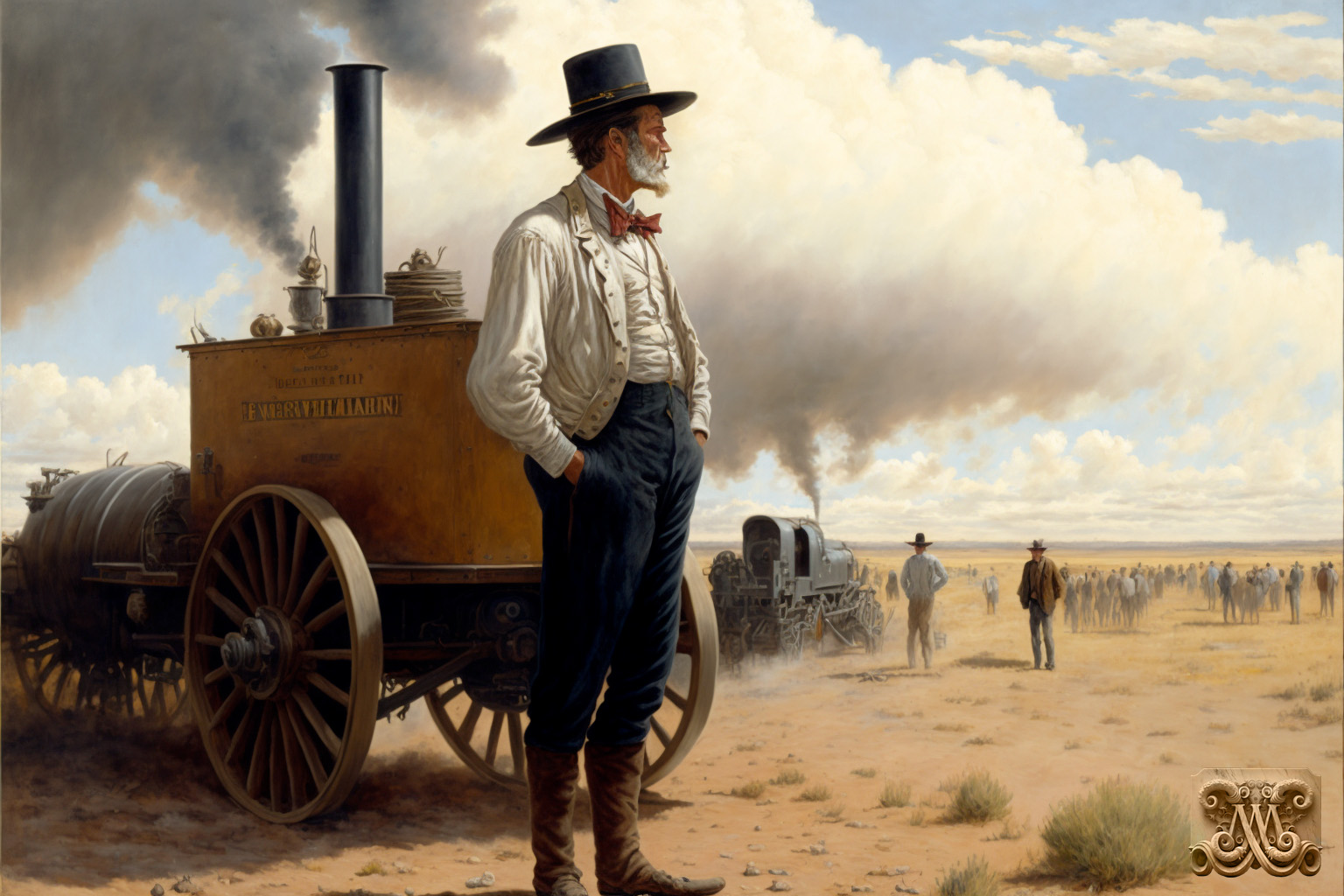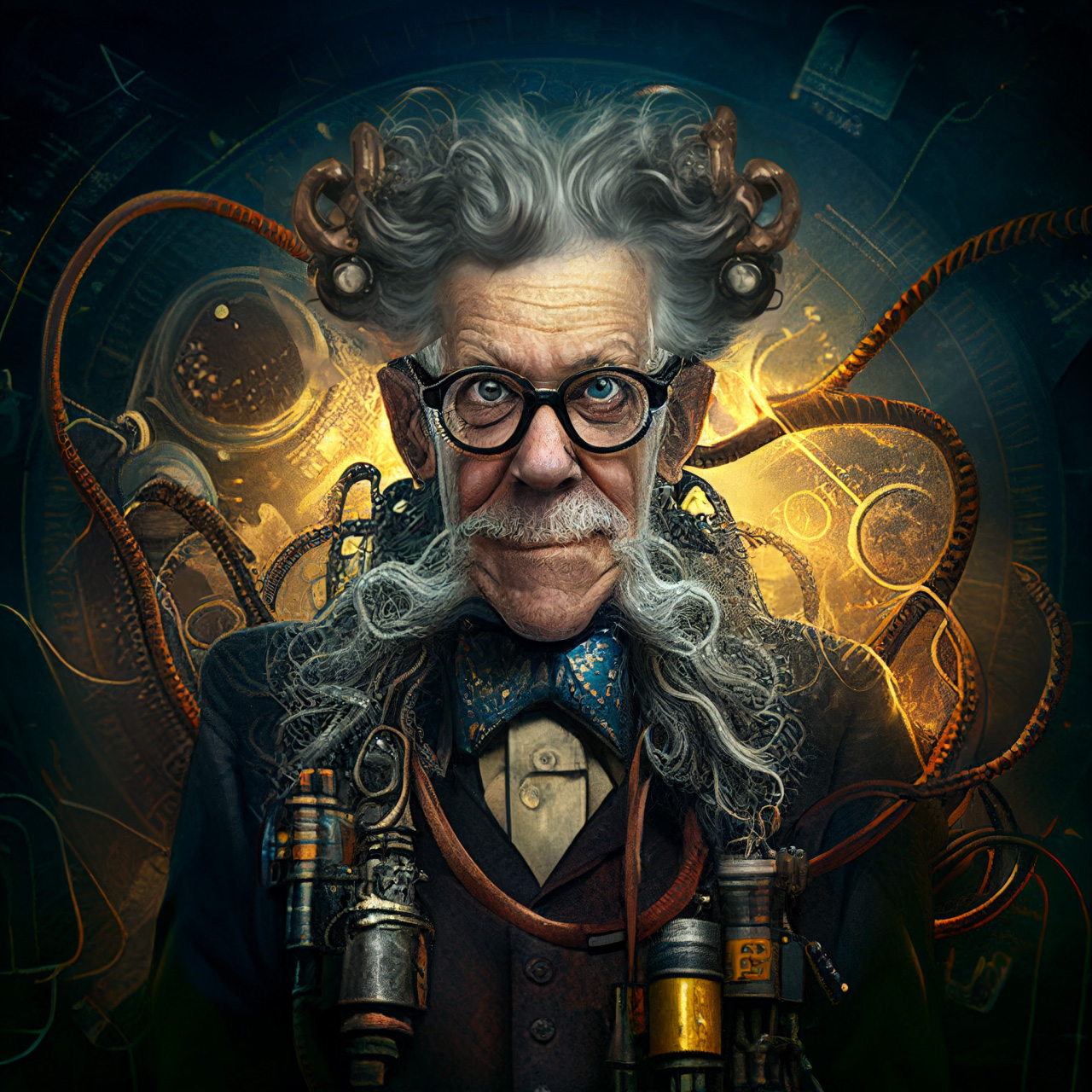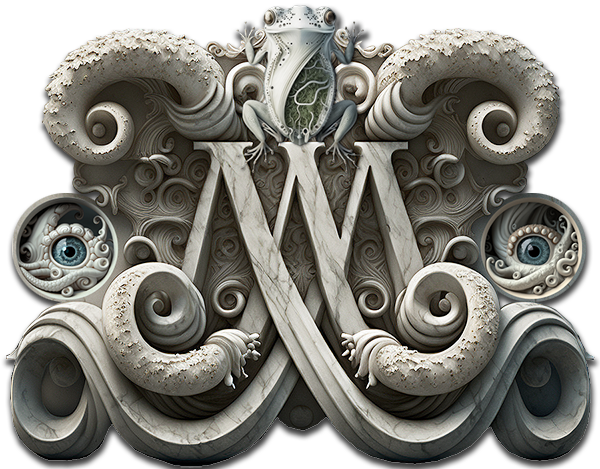
“Tall fella, with a slick pistol rig. Have you seen him?”
The saloon-keeper nodded. “He was here earlier, just before the rains. Didn’t say much. Kind of kept himself to himself if you take my meaning.”
“I see, well, should see him again, I would appreciate it if you would let me know,” Booth said, laying a dollar coin on the plank-top of the bar. Hostlebeck had generously agreed to the sum of ten dollars in expenses, and though it pained Booth to hand away the money, he knew the saloon-keeper would be more apt to speak if he did so.
Shortly thereafter, Booth left the saloon and wandered out into the street. It wasn’t a large town. In fact, it was little more than a collection of ramshackle buildings lining a deeply rutted boulevard. As such, there were a limited number of places for a man to entertain himself. Booth already knew the stranger wasn’t staying in the boarding house, he’d checked in that first thing. Sticking his hands into his pockets, Booth whistled a nameless tune while trying to decide what to do next. Might as well look in on Mr. Hostlebeck’s gas generator, he decided.
Pushing open a rickety door, he stepped into the shade of Pieper’s stables. His eyes automatically flicked over the interior, coming to rest on the wagon near the far wall. He could hear a gentle hiss escaping from the fittings on the heavy brass-kettles. Amazingly, it appeared as though the machine still had a head of steam up in spite of the extinguished boiler and a full day’s passage. Booth was about to cross over to it when a shadow stepped away from a far corner and into a shaft of light streaming down through the uneven rafters. It was the stranger.
“You been looking for me, boy. Why?”
Booth paused in mid-step. It was the same face he’d seen earlier, marked by the same lank hair and curling lip. His right hand flexed. In the still air of the stables, Booth could hear the leather creak.
“Well now,” Booth responded carefully, “I have recently entered into the employ of one Mr. Hostlebeck. He asked me to look into some incidents which have befallen him of late.”
The other man grunted. “The rain-maker, eh? That’s too bad. I got business with that fella myself.”
“I’d imagine so. A talent like his, bringing the rains I mean, well that would spell a piece of trouble for some men in these parts. Of course, you are taking an awful risk here, so I imagine the money Mr. Winters is paying out must be pretty good,” Booth said, guessing at the man’s employer.
He smiled a thin and humorless smile. “Smart as a button. You’re right, boy. When this here matter is concluded I stand to collect a tidy little sum. See,” he went on with a flourish of his ungloved hand, “every man in this world has his place. It’s like a natural law. Most men understand that. I certainly know mine. Your rain-maker though… how’d them folks back in the Middle Ages put it? He ain’t fish, nor foul, nor good red meat. Yes sir, that’s your friend Mr. Hostlebeck.”
The comment took Booth by surprise. He didn’t know too much about history, but the statement spoke of an educated mind, and he knew that could be far more dangerous than simple animal cunning. He glanced at the dragoon pistol resting in the man’s holster and doubted very much he could pull his own gun before being shot down. So instead, he kept on talking, stalling for time.
“You have a name?” Booth asked.
The stranger shrugged, as though such information was of little consequence, and languidly replied, “Webster.”
Now that was something. It tickled a distant memory at the back of Booth’s mind. He was sure he’d heard it before, and he wracked his brains trying to remember where. When it came to him, his heart sank even further, and his stomach started to flutter. “You ever travel the Territories, Mr. Webster?” he asked, already knowing the answer and dreading it.
Webster nodded. “I have indeed, and yourself?”
Booth shook his head. “Not much, but I have heard tell of a hired gun by the same name. If the stories can be believed, he has an impressive tally of men killed in duels and the like.”
Webster bowed slightly at the waist, saying, “At your service, boy.”
A stack of crates containing a hodge-podge of horse shoes and worn tack stood to Booth’s left, and he dove behind them just as Webster slid his pistol free and let off two shots in quick succession. The first bullet struck the far wall of the stable, passing through the place where Booth had stood only a moment before. The second tore into the crates Booth was sheltering behind, blasting the corner of one into a cloud of jagged splinters. That slowed it down some, but the heavy lead-ball still managed to strike Booth in the back of his right hand. Stifling a cry, he gripped it tightly with his left, trying to staunch the flow of blood. A lucky shot, he told himself, and knew it for the lie that it was. The only luck involved had been the fact that going through the crate had lessened some of the bullet’s energy. It was a nasty wound, but he’d probably keep the hand. At least he hoped so.
“You got yourself a problem here, boy, you know that right?” Webster called out loudly.
Gritting his teeth, Booth wrapped a pocket handkerchief around the injured hand. Then he lifted his own revolver out of the holster with his left hand. He felt the balance and frowned. Not being left-handed by nature or training, he knew he’d have a hard time hitting an idle locomotive, let alone as wily a character as Webster.
“I know I hit you, boy. You understand this ain’t personal, right? You just threw your lot in with the wrong dog.”
Booth was shaking, and beads of sweat ran down his face. Webster couldn’t know for sure, not from where he stood. It was a guess, a bluff on the older man’s part. He was trying to spook Booth.
“Webster,” he said in as loud and clear a voice as he could manage, “I’ll see you dead before this business is through. You mark my words.”
There was laughter then, genuine and joyful. It upset Booth, not because it was mocking, but rather because it was so sincere. It was the laughter of a man who carried no guilt or remorse for the evil things he did. It was the laughter of a man at peace with himself.
It trailed off after a moment and Webster said lightly, “You can try, son. Others have. I wouldn’t hold it against you if you did, but we both know that ain’t gonna happen. I imagine you’re bleeding like a stuck pig right about now.”
Taking a chance, Booth poked his head over the top of a crate. Seeing a patch of shadow move, he fired off a shot. There was a loud clang as the bullet caromed off of some bit of hanging tack and buried itself in one of the rafters. Damn the luck, he thought bitterly.
And again came the laughter. “Not bad, boy, but not good enough. Not good enough by half.”
A bullet wasted and his cover exposed, Booth cursed himself for a fool and started crawling away. Two more shots erupted from Webster’s gun, producing a hole the size of a child’s fist in a nearby crate. In the confines of the stable, the gunfire sounded like cannons going off.
The air was filled with acrid powder-smoke and the screams of terrified horses, but, Booth noted, other sounds could be heard as well now. From outside he could hear people starting to shout, alarmed by the shooting. Webster’s impetuosity was drawing unwanted attention, and Booth hoped the man would beat a hasty retreat rather than risk a posse and the gallows.
“I think you have shown your hand Webster. Somehow, I doubt Mr. Winters was looking for a cold-blooded killing. That’s why you tried wrecking the gas generator first, isn’t it?”
The reply was instantaneous and easy. “Sure enough,” he said, “some folk will try and hamper a skilled man in the pursuit of his labors. In the end though, he’ll pay, no matter how I do the job.”
Booth crawled into an empty horse stall and peeked through the wooden slat-rails. He spied Webster quietly stalking forward, his big revolver drawn and at the ready. Even if he hung the barrel of his own gun over one of the cross-rails, Booth doubted he could hit the man. Instead, he looked in desperation for some other means of escape.
Could try calling out, he thought, but odds were it’d only draw some other poor soul into this mess, and he didn’t want that blood on his conscience. As his eyes flicked around the stable a wild thought occurred to him. Carefully angling his gun away from Webster, he instead aimed it at Hostlebeck’s wagon. Not quite a locomotive, but close enough. Now he prayed his hand would be steady and that the he hadn’t miscalculated.
He needn’t have been so concerned. A brace of shots was all it took. He fired both bullets into the biggest kettle. There was hollow explosion followed by a roar as the container’s burst open. A plume of hot steam erupted, scalding a nearby horse to death and enveloping Webster in a cloud of noxious green vapor.
The gunman didn’t even have time to cry out.
Feeling the tension drain out of him, Booth let his pistol slip from his hand. It landed with a dull thump on the straw covered ground. He tried to stand up, but his legs steadfastly refused. It was getting dimmer inside the stable and Booth fumbled for his watch. Can’t be sun-down yet, was his last thought before everything went dark.

